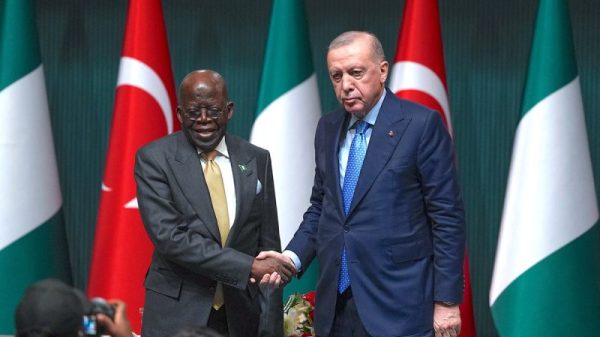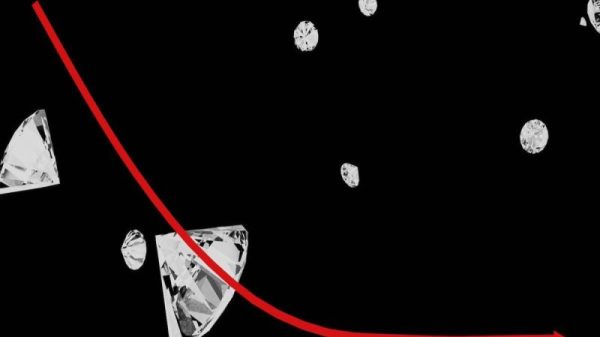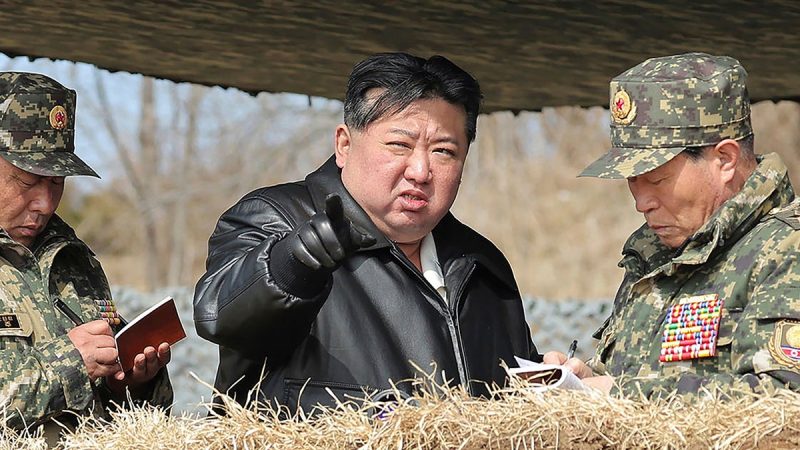In the wake of the 12-day war between Israel and Iran, the regime appears to be turning inward — escalating repression with chilling speed.
According to Kasra Aarabi, director of IRGC research at United Against Nuclear Iran, the Islamic Republic is accelerating toward what he said is a ‘North Korea-style model of isolation and control.’
‘We’re witnessing a kind of domestic isolation that will have major consequences for the Iranian people,’ Aarabi told Fox News Digital. ‘The regime has always been totalitarian, but the level of suppression now is unprecedented. It’s unlike anything we’ve seen before.’
A source inside Iran confirmed to Fox News Digital that ‘the repression has become terrifying.’
Aarabi, who maintains direct lines of contact in Iran, described a country under siege by its own rulers. In Tehran, he described how citizens are stopped at random, their phones confiscated and searched. ‘If you have content deemed pro-Israel or mocking the regime, you disappear,’ he said. ‘People are now leaving their phones at home or deleting everything before they step outside.’
This new wave of paranoia and fear, he explained, mirrors tactics seen in North Korea — where citizens vanish without explanation and information is tightly controlled. During the recent conflict, Iran’s leadership imposed a total internet blackout to isolate the population, blocking Israeli evacuation alerts, and pushed propaganda that framed Israel as targeting civilians indiscriminately.
‘It was a perverse objective,’ Aarabi said, adding, ‘They deliberately cut communications to instill fear and manipulate public perception. For four days, not a single message went through. Even Israeli evacuation alerts didn’t reach their targets.’
The regime’s aim, he said, was twofold: to keep people off the streets and erode the surprising bond that had formed between Iranians and Israelis. ‘At the start of the war, many Iranians welcomed the strikes,’ Aarabi noted. ‘They knew Israel was targeting the IRGC — the very forces responsible for suppressing and killing their own people. But once the internet was cut and fear set in, some began to question what was happening.’
Dr. Afshon Ostovar, a leading Iran scholar and author of ‘Vanguard of the Imam: Religion, Politics, and Iran’s Revolutionary Guards,’ said domestic repression remains the regime’s most reliable strategy for survival.
‘Repressing the people at home is easy. That’s something they can do. So it’s not unlikely that Iran could become more insular, more autocratic, more repressive — and more similar to, let’s say, a North Korea — than what it is today. That might be the only way they see to preserve the regime: by really tightening the screws on the Iranian people, to ensure that the Iranian population doesn’t try to rise up and topple the regime,’ he told Fox News Digital.
Inside the regime’s power structure, the fallout from the war is just as severe. Aarabi said that the Islamic Revolutionary Guard Corps (IRGC) is facing an internal crisis of trust and an imminent purge. ‘These operations couldn’t have taken place without infiltration at the highest levels,’ he said. ‘There’s immense pressure now to clean house.’
The next generation of IRGC officers — those who joined after 2000 — are younger, more radical and deeply indoctrinated. Over half of their training is now ideological. Aarabi said that these newer factions have begun turning on senior commanders, accusing them of being too soft on Israel or even collaborating with Mossad.
‘In a twist of irony, Khamenei created these extreme ideological ranks to consolidate power — and now they’re more radical than he is,’ Aarabi said. ‘He’s struggling to control them.’
A purge is likely, along with the rise of younger, less experienced commanders with far higher risk tolerance — a shift that could make the IRGC more volatile both domestically and internationally. With Iran’s conventional military doctrine in ruins, terrorism may become its primary lever of influence.
‘The regime’s three pillars — militias, ballistic missiles, and its nuclear program — have all been decapitated or severely degraded,’ Aarabi said. ‘That leaves only asymmetric warfare: soft-target terrorism with plausible deniability.’
Despite the regime’s brutal turn inward, Aarabi insists this is a sign of weakness, not strength. ‘If the Islamic Republic were confident, it wouldn’t need to crush its people this way,’ he said. ‘It’s acting out of fear. But until the regime’s suppressive apparatus is dismantled, the streets will remain silent — and regime change remains unlikely.’


























